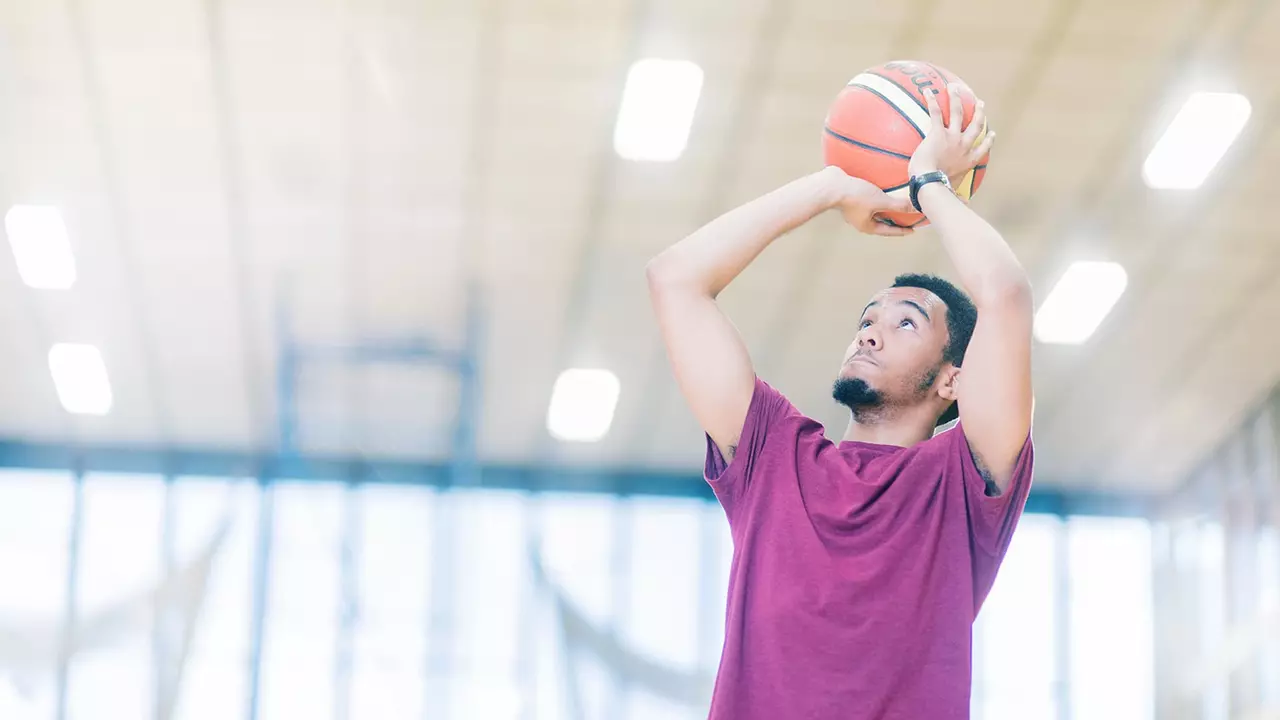Sports Psychology: Simple Tricks to Up Your Game
Ever wonder why some players seem calm while everyone else panics? The secret is often a few mental habits that anyone can pick up. Sports psychology isn’t about fancy theories – it’s about practical steps that help you stay sharp, handle stress, and play better.
1. Master the Power of Routine
Before a game, top athletes follow a tiny ritual: a warm‑up, a breath‑in‑breath‑out, and a quick visual check of the plan. Doing the same thing each time tells your brain it’s time to perform. Try a three‑step routine that works for you – maybe a short jog, a few push‑ups, then a quiet moment to picture the next play. Consistency turns nerves into confidence.
2. Use Quick Visualization
Close your eyes for ten seconds and see yourself making the perfect pass, scoring a goal, or defending a shot. The clearer the image, the easier your body follows. Visualization doesn’t need a movie‑theater setting; a few seconds in the locker room works just as well. When you actually do the action, the brain recognises the pattern and reacts faster.
Another easy tool is the "What‑If" checklist. Write down the most common pressure moments – a penalty kick, a final set point, a big crowd – and note how you want to react. Reviewing this list a day before the match trains your brain to choose the right response automatically.
Dealing with performance anxiety is also a matter of perspective. Instead of asking, "What if I fail?" flip the question to, "What can I learn if this doesn’t go as planned?" This simple reframe reduces fear and opens space for growth. It’s a habit used by pros and beginners alike.
Focus is another game‑changer. When the crowd roars or a referee makes a controversial call, it’s easy to lose concentration. A quick "anchor word" – like "steady" or "now" – spoken silently can snap you back to the present. Pair it with a deep breath, and you’re ready to keep playing without distraction.
Finally, celebrate small wins. After a practice drill, note one thing you did well. This builds a positive feedback loop that fuels confidence for the next challenge. Remember, mental training is just as important as physical drills – you can improve both side by side.
Give these tips a try at your next training session. You’ll notice a calmer mind, sharper focus, and better performance without spending hours on complicated psychology textbooks. Sports psychology is really about everyday habits that help you stay in the zone. Keep it simple, stay consistent, and watch your game lift to the next level.
How to mentally train yourself for soccer?
Training your mind for soccer is just as important as honing your physical skills. It's all about developing mental toughness, focus, and confidence. Visualization techniques often help; imagine yourself successfully executing moves and scoring goals. Meditation and mindfulness can also be useful, helping to increase your concentration and reduce stress. Remember, practice makes perfect, so incorporate mental training into your daily routine to improve your soccer performance.
